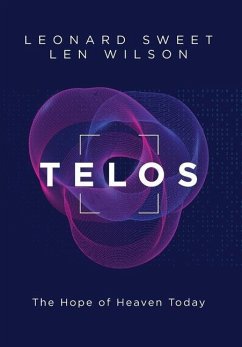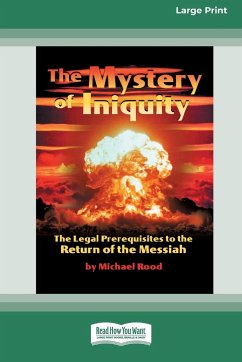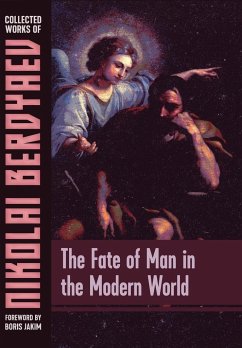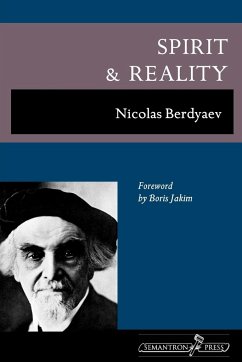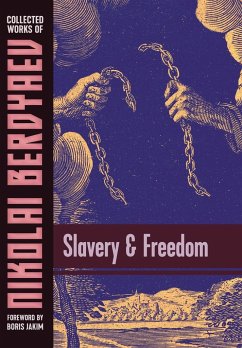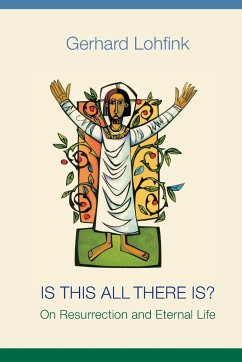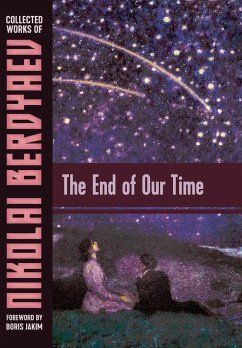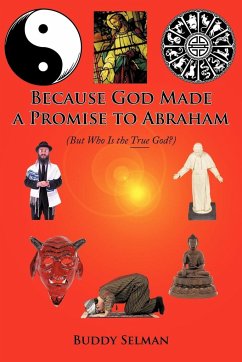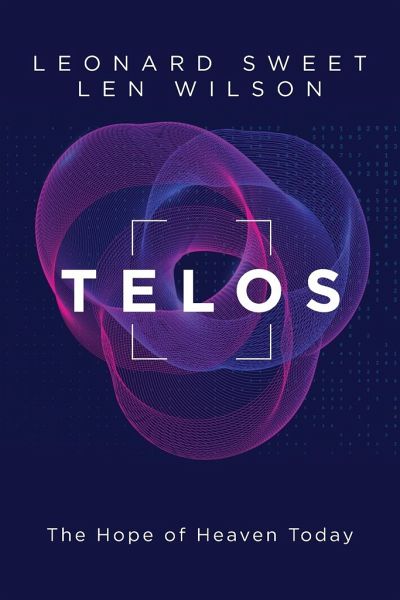
Telos
The Hope of Heaven Today
Versandkostenfrei!
Versandfertig in 1-2 Wochen
49,99 €
inkl. MwSt.
Weitere Ausgaben:

PAYBACK Punkte
25 °P sammeln!
A better definition of God's kingdom changes everything about how we live today - no matter what the future holds. Welcome to a better way of looking at the end: as the culmination of God's grand story. Jesus' most important word in describing the end is the Greek word telos. Telos is the rhythm of human history; the presence of God; and the plot, purpose, and completion of the story. The end is the kingdom of God, and the kingdom is here and now. Sweet and Wilson show how many of the political problems plaguing modern Christianity are rooted in bad theology. God's kingdom is the present reali...
A better definition of God's kingdom changes everything about how we live today - no matter what the future holds. Welcome to a better way of looking at the end: as the culmination of God's grand story. Jesus' most important word in describing the end is the Greek word telos. Telos is the rhythm of human history; the presence of God; and the plot, purpose, and completion of the story. The end is the kingdom of God, and the kingdom is here and now. Sweet and Wilson show how many of the political problems plaguing modern Christianity are rooted in bad theology. God's kingdom is the present reality of the presence of God that gives us hope for today and tomorrow.





